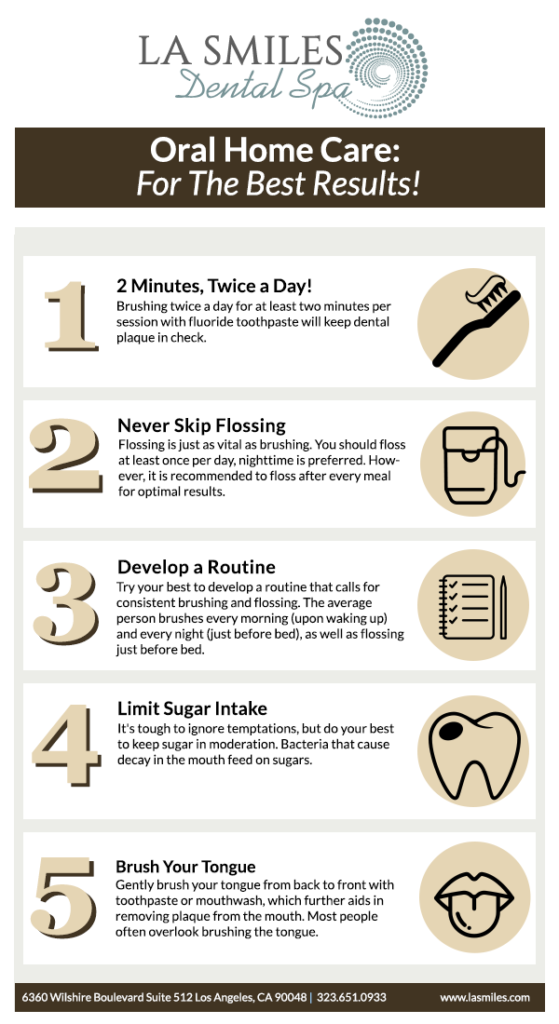Maintaining a healthy smile is essential for overall well-being, and a solid dental care routine is the foundation of good oral health. Whether you’re looking to enhance your current practices or starting fresh, here are some simple steps to improve your dental care routine.
1. Brush Effectively
- Choose the Right Toothbrush: Use a soft-bristled toothbrush that fits comfortably in your mouth. Electric toothbrushes can also be effective in removing plaque.
- Brush Twice a Day: Aim to brush your teeth for at least two minutes, twice a day—once in the morning and once before bed.
- Use Proper Technique: Hold your toothbrush at a 45-degree angle to your gums and use gentle, circular motions. Don’t forget to brush the inner surfaces of your teeth and your tongue.
2. Floss Daily
- Make Flossing a Habit: Flossing removes food particles and plaque from between your teeth where your toothbrush can’t reach. Aim to floss at least once a day.
- Use the Right Technique: Gently slide the floss between your teeth, curving it around each tooth in a C-shape. Be careful not to snap the floss, as this can damage your gums.
3. Rinse with Mouthwash
- Choose an Antimicrobial Mouthwash: An antimicrobial mouthwash can help reduce plaque, fight bad breath, and provide an extra layer of protection against cavities.
- Use Mouthwash After Brushing and Flossing: Rinse your mouth with mouthwash for 30 seconds to a minute after brushing and flossing for maximum effectiveness.
4. Stay Hydrated
- Drink Plenty of Water: Staying hydrated helps maintain saliva production, which is essential for neutralizing acids and washing away food particles.
- Opt for Fluoridated Water: If possible, drink fluoridated water, as it helps strengthen tooth enamel and prevent cavities.
5. Limit Sugary and Acidic Foods
- Be Mindful of Your Diet: Reduce your intake of sugary snacks and beverages, as they can contribute to tooth decay. Acidic foods and drinks can erode enamel, so consume them in moderation.
- Choose Tooth-Friendly Snacks: Opt for crunchy fruits and vegetables, nuts, and dairy products that are beneficial for your teeth.
6. Schedule Regular Dental Check-ups
- Visit Your Dentist Twice a Year: Regular dental check-ups and cleanings are crucial for maintaining oral health. Your dentist can catch potential issues early and provide professional cleaning to remove plaque and tartar.
- Discuss Any Concerns: Don’t hesitate to bring up any dental concerns or questions during your visits.
7. Consider Dental Sealants
- Ask About Sealants: Dental sealants are a protective coating applied to the chewing surfaces of back teeth to prevent cavities. Talk to your dentist about whether sealants are right for you, especially for children.
8. Practice Good Habits
- Avoid Tobacco Products: Smoking and chewing tobacco can lead to gum disease, tooth discoloration, and oral cancer. If you use tobacco, seek help to quit.
- Manage Stress: Stress can lead to teeth grinding (bruxism), which can damage your teeth. Practice relaxation techniques to manage stress effectively.
9. Educate Yourself
- Stay Informed: Keep up with the latest dental health information. Understanding the importance of oral hygiene can motivate you to maintain good habits.
- Involve Your Family: Share dental care tips with family members to encourage a collective commitment to oral health.

